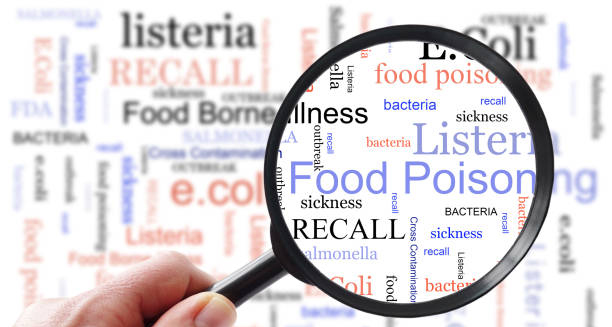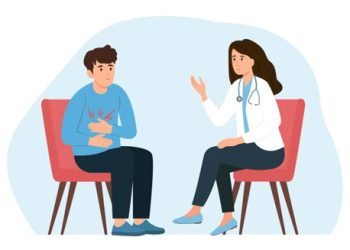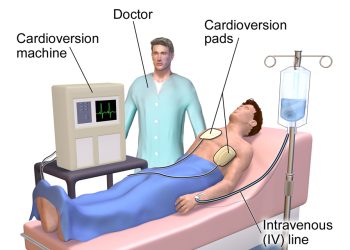Diagnosis of Food Poisoning
The diagnosis of food poisoning is typically based on a person’s symptoms, food history, and in some cases, laboratory testing. Food poisoning is often self-limiting, but accurate diagnosis can help confirm the cause—especially during outbreaks or when symptoms are severe or prolonged.
Clinical History
Doctors begin by asking:
What foods were eaten recently and when symptoms started
Whether others who ate the same food became ill
The exact symptoms (e.g., diarrhoea, vomiting, fever) and their duration
Any recent travel, contact with animals, or exposure to untreated water
The patient’s age and underlying health conditions
This helps determine whether food poisoning is the likely cause and whether testing is needed.
Stool Sample Testing
In more serious or persistent cases, a stool sample may be requested to:
Identify specific bacteria (e.g., Salmonella, E. coli, Campylobacter)
Detect viruses or parasites
Rule out other gastrointestinal conditions such as inflammatory bowel disease
Stool samples are especially useful when there’s:
Blood in the stool
High fever
Symptoms lasting more than 3 days
Suspected public health outbreak
Blood Tests
While not always necessary, blood tests may be used to:
Check for signs of infection, such as elevated white blood cells
Monitor for electrolyte imbalance caused by severe dehydration
Identify rare but serious infections like Listeria monocytogenes, which may spread beyond the gut
Imaging and Other Tests
If abdominal pain is severe or persistent, imaging such as an ultrasound or CT scan may be done to rule out complications like appendicitis, gallbladder infection, or bowel obstruction.
Reporting to Health Authorities
In many countries, including South Africa and the UK:
Confirmed cases of food poisoning from certain bacteria (e.g., Salmonella, Listeria, E. coli O157) must be reported to public health authorities
This helps identify outbreaks, trace contaminated food sources, and prevent further illness
Diagnosis of Food Poisoning
The diagnosis of food poisoning often combines clinical judgement and targeted testing. In most cases, treatment can begin while waiting for results, especially when dehydration or bacterial infection is suspected.
[Next: Treatment of Food Poisoning →]


